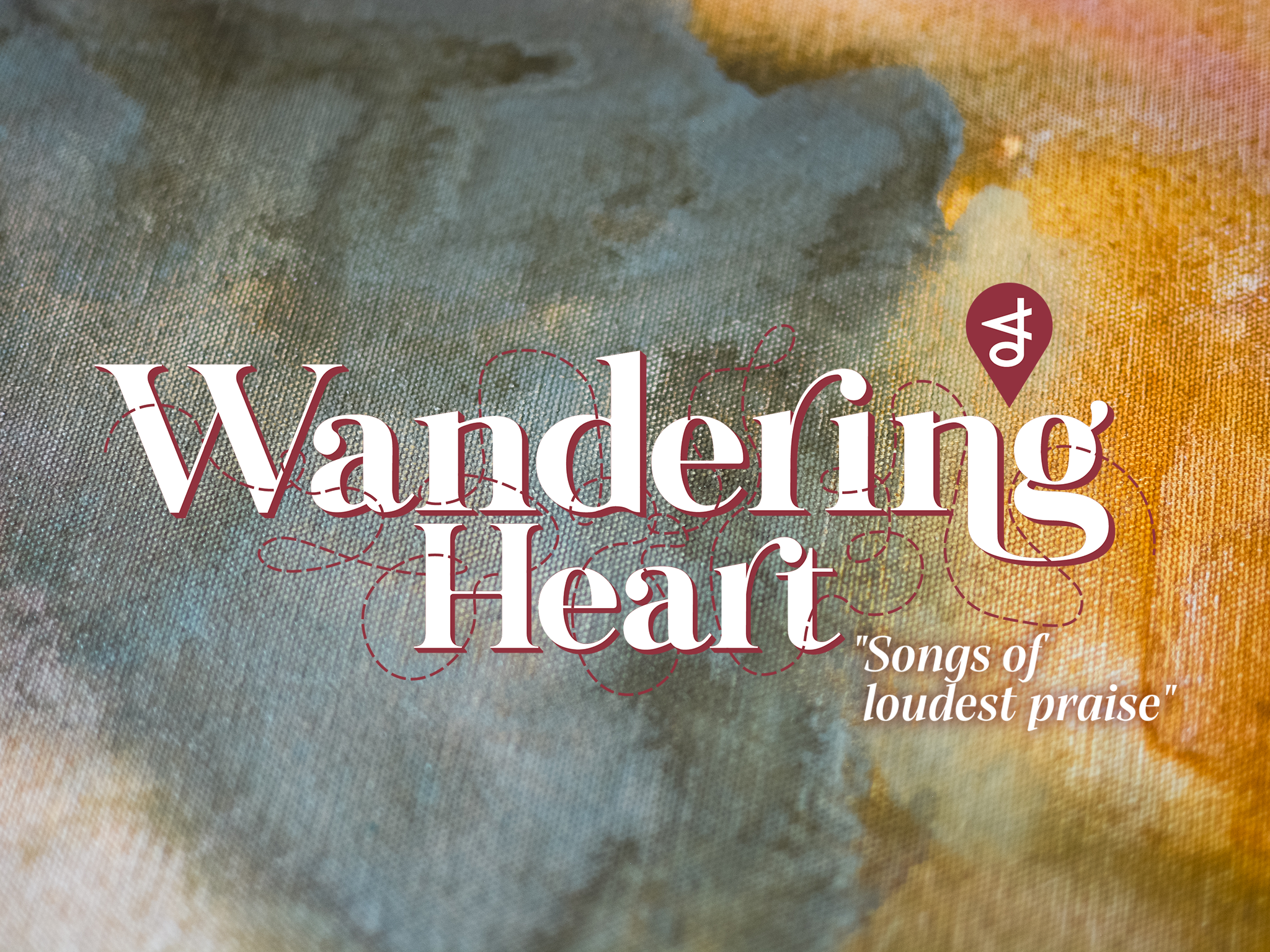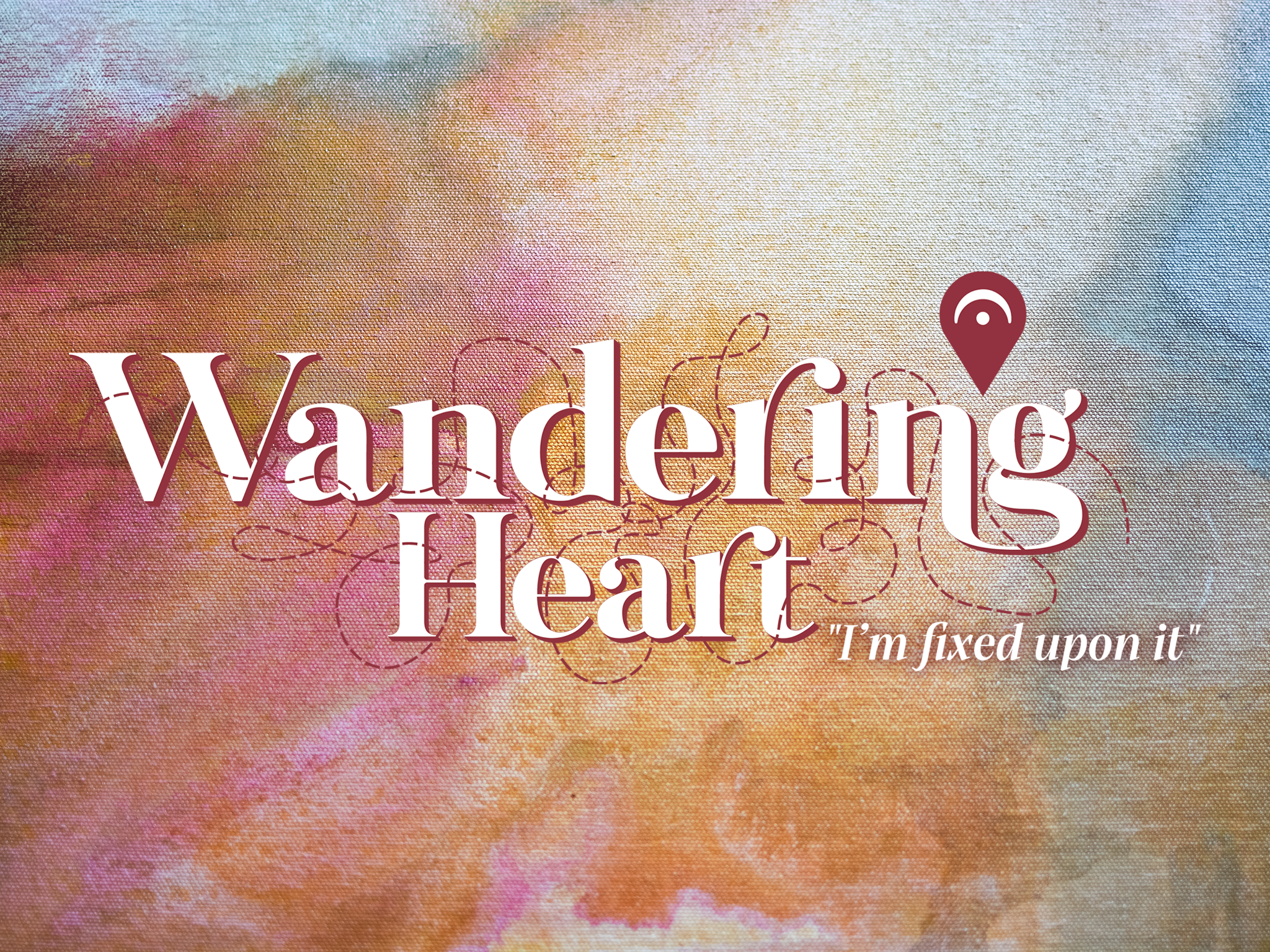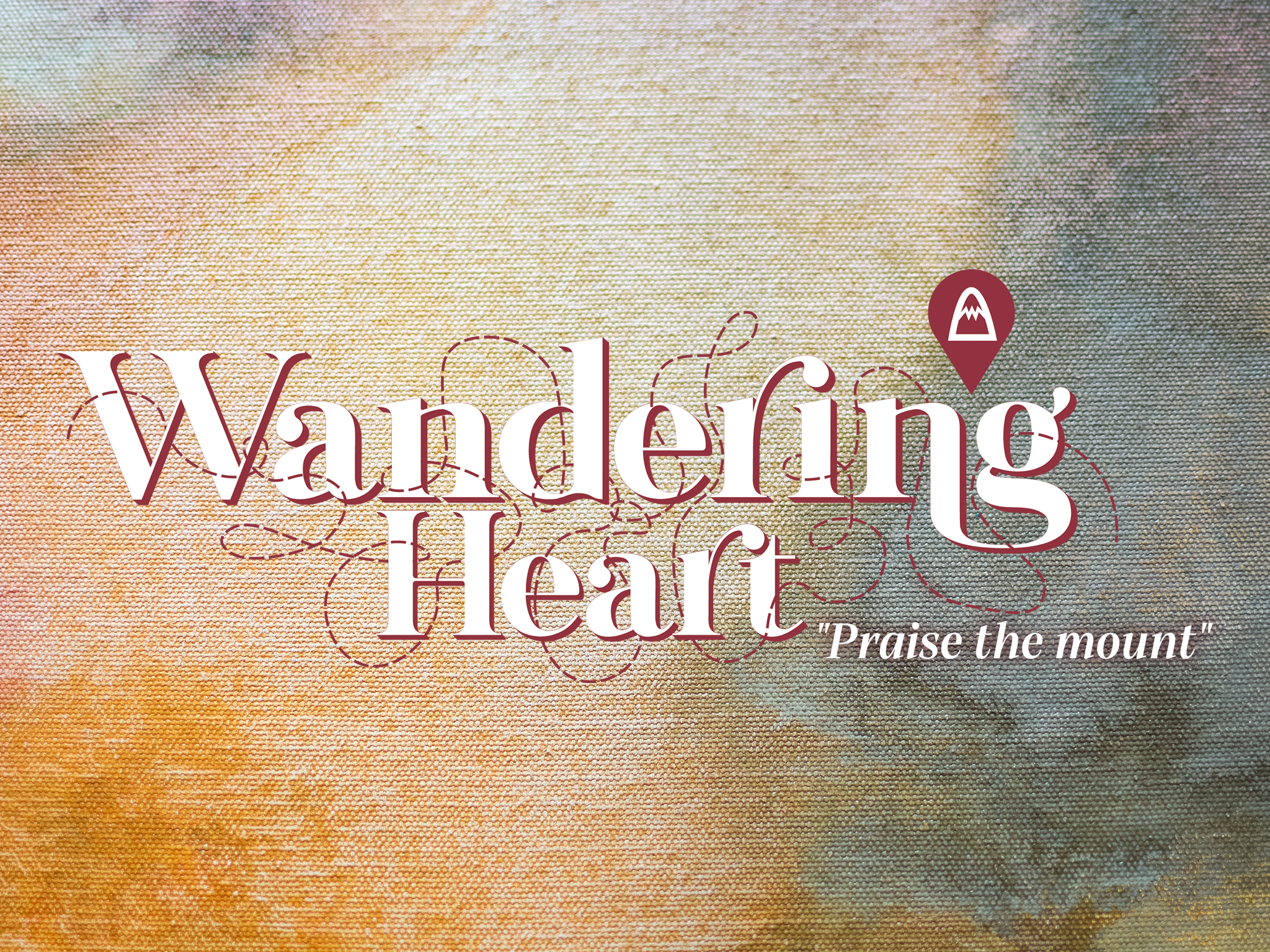Reflection for Pilgrim Uniting Church, 25 June 2023
Sarah’s turn
as God promised,
though I had laughed to think
of motherhood, shocked to think
of motherhood, afraid
of motherhood nowbut God promised
a child to us now, when
the bridge was crumbling
from disuse, the water under
long ago evaporatedwas this promise
of new life to dry bones
a curse in disguise? of course
I laughed, preposterous
promise to bring to a desert
content to be a desertwho would promise
a son to a man
of a hundred years and counting?
yet here is the son God
promised Sarah and Abraham,
and I laugh more joy than fear –
laugh with me, all who hear:
I am a mother, as God promised,
and I will laugh you a river.
Sarah Agnew, Pray the Story
Exiles in our midst
Last week we considered miracles, in light of the miracle that made Sarah laugh – motherhood, at her age!
This week, in the story from Genesis, we hear of the impact of that promise realised, on a family who had found a way to be together, but now have to live with unexpected turns of events … and, well. It’s complicated.
We hear this story in the midst of reconciliation week – how might Hagar and Sarah’s story invite us to reflect on the situation of humans seeking asylum, having found themselves in different kinds of exile today?
Our country is finally having a robust conversation about how this Country names the place of First Nations peoples in our constitution, and honour their presence, wisdom, and autonomy in oureveryday life together – I give thanks for our Uniting Church as we stand in solidarity with First Nations people in these lands now called Australia. The very great gift it is, the Uniting Aboriginal and Islander Christian Congress. How might Sarah and Hagar’s story invite us to reflect on the relationship between first and second peoples here, where we’ve been, where we are now, and where we might go from here? Where God is through all of that?
In our gathering, I invited us to reflect on, to pray the stories of these two women, Sarah and Hagar, with two prayer-poems and silence. From there, we turned to the words from Jesus for the day.
I read each poem once, paused for silence, then read it again. You might like to listen, or read the poems aloud, too, with a pause for silence.
Sarah’s scowl
the boys played as brothers
play having not yet learnt
to doubt their father’s lovethe mothers watched, as rivals
watch, jealous of what she has,
blind to what is her ownand in a moment, the bow
snapped its arrow through thick
taut air, thwacked into its targeta mother’s love twisted the light
to cast shadows to follow them all;
and the father’s love had not seen its last test yet
Sarah Agnew, Pray the Story
Hagar’s song
Sarah sent me far away
lest my son usurp her boy
in fortune, rank, or father’s love.Abraham his wife obeyed,
for peace at home he gave
away his peaceful heart.God had told him, so he said,
my son would prosper,
Ishmael would grow to be a nation.Beneath the trees I laid him,
weak with hunger, dying.
Let me go first, I wept, I wept, I wept.God heard my son cry out,
and spoke to me a promise:
Ishmael will grow to be a nation.Before my eyes water of life,
I ran to my child, we drank,
we spilled our joy to grow seeds of hope.I am Hagar, Sarah’s servant,
mother of the first born of Abraham;
God was with my son, grew Ishmael.
Sarah Agnew, Pray the Story
In conversation with Jesus
Here are selected verses from the Gospel portion for the day (Matthew 10:28–39), in the Common English Bible translation.
28 Don’t be afraid of those who kill the body but can’t kill the soul. … 29 Aren’t two sparrows sold for a small coin? But not one of them will fall to the ground without your Maker knowing about it already.30 Even the hairs of your head are all counted. 31 Don’t be afraid. You are worth more than many sparrows. …
34 “Don’t think that I’ve come to bring peace to the earth. I haven’t come to bring peace but a sword. 35 I’ve come to turn a man against his father, a daughter against her mother, and a daughter-in-law against her mother-in-law. 36 People’s enemies are members of their own households.
37 “Those who love father or mother more than me aren’t worthy of me. Those who love son or daughter more than me aren’t worthy of me. 38 Those who don’t pick up their crosses and follow me aren’t worthy of me. 39 Those who find their lives will lose them, and those who lose their lives because of me will find them.
I’m not sure that it is helpful to hear the words of Jesus here as stating his purpose is to turn children against parents, to wreak havoc within families in the way we saw Abraham’s family torn apart.
I wonder if it is more helpful to consider this as encouragement for those experiencing the fracturing of communities and families as followers of Torah and Jesus started going their separate ways? And there, we might hear words of encouragement and challenge for us today.
Ancient families and communities must have been torn apart as different members chose their path, with the Jesus followers, or continuing in the path of Torah. For many Jesus-following communities, both those who followed Torah and those who did not continued to gather and worship together for a time. Paul’s letters show us this nature of the communities on the Way, as they were known. Paul’s letters also show us the conflict that arose as different practices and teachings began to cause division, where in the healthier situations, the diversity was richness and gift.
Jesus’ teaching set one generation on edge with another, figuratively and literally. Jesus’ teaching upset the established order, set in its practices of ritual and sacrifice and legalistic teaching – that established order gave to its leaders a certain position and power, to all a stability and certainty, but to not enough, life, renewing, thriving, life.
God does not abandon you
I don’t believe it is helpful to understand Jesus’ purpose was to tear families apart.
However, he points to something we find to be true in the story of Sarah we’ve heard these past two weeks: hope, miracle, renewal of life with God is not without cost. Transformation, change, is uncomfortable, painful often; by its very nature, it unsettles and disturbs. And in the story of Hagar, and Sarah, we are reminded that God does not turn from that messiness. God stays with us. Through the change. Through the pain. Through the desert, bringing water and life.
in some ways, Hagar lost her life, or was on the brink of losing it, and that of her son, because of God’s intervention in Sarah’s life. But God does not abandon Hagar, does not forget Ishamael.
God does not abandon you. Does not forget us. Even as God’s promise of renewed life brings change that unsettles and disrupts life as we’ve known it.
Hear those words. And please hear them not only for ourselves, our own: may we hear them with our neighbours in exile, as we stand in solidarity bearing witness to hope with each other.
And so, may we seek the hope in situations of change, and have the courage to embrace life, unsettling, disturbing, life.




Thank you.
These poetic words of deep pain and beauty are an encouragement in this fractured world… in this ‘broken heart.
🙏💔❤️🩹
Thank you for your response, Anne. I am pleased to hear of these words resonating.